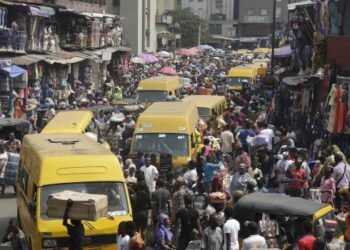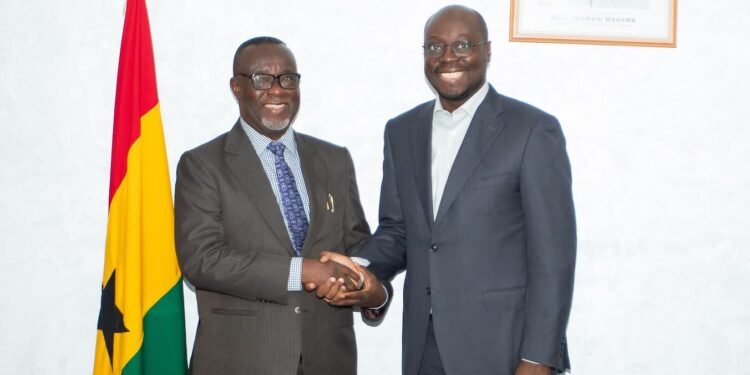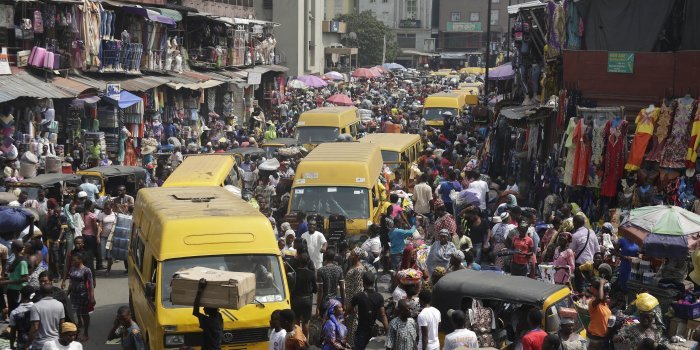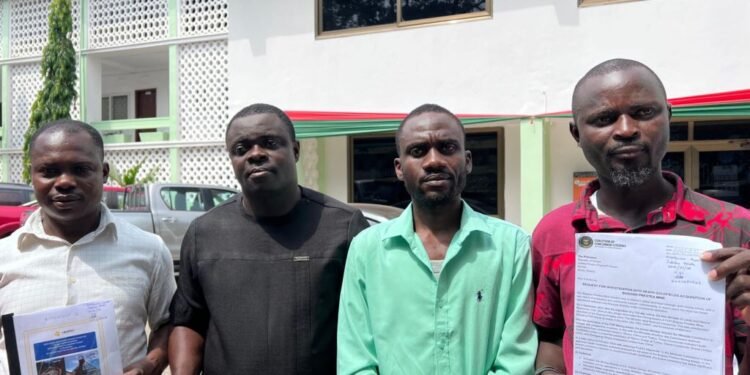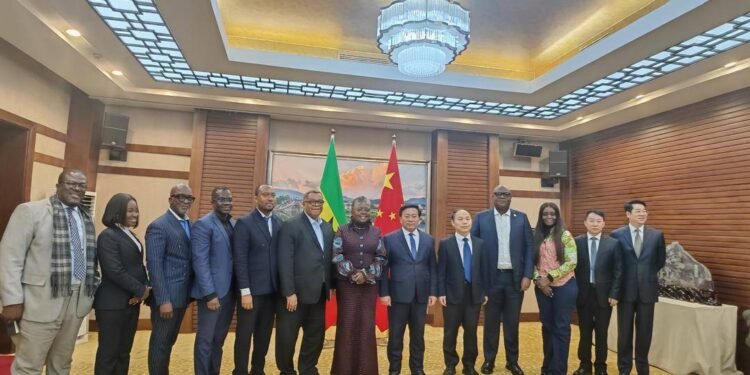Ghana’s economy faces an uphill climb despite significant efforts to restructure its debt and implement fiscal reforms.
According to Fitch Ratings, the West African nation is projected to encounter severe liquidity pressures over the next two years, raising concerns about the sustainability of its financial framework.
Over the past few years, Ghana has embarked on an ambitious debt restructuring program aimed at alleviating its fiscal burdens. The country has successfully restructured most of its domestic debt and is working towards completing its external debt restructuring by June 2025. This move is critical to regaining access to international financial markets and restoring confidence among investors.
Fitch has hinted at the possibility of moving Ghana out of sovereign default by July 2025, contingent on the successful conclusion of its external debt restructuring efforts. While this represents a significant milestone, the path forward remains fraught with challenges.
One of the key obstacles highlighted by Fitch is Ghana’s elevated interest rate revenue ratio. The ratio, which measures the proportion of government revenue used to service debt, is projected to remain among the highest of Fitch-rated sovereigns.
For 2025, the interest rate revenue ratio is estimated at 29%, rising to 30% in 2026. These figures are nearly double the emerging market average of 16%, underscoring the strain on Ghana’s fiscal resources. Thomas Garreau, Associate Director of Sovereign Ratings for Europe, the Middle East, and Africa at Fitch, stated, “Ghana will still face significant liquidity pressures. The interest rate revenue ratio will remain alarmingly high, posing challenges for fiscal sustainability.”
This situation significantly limits Ghana’s ability to channel revenue into developmental projects, social programs, and critical infrastructure, which are essential for long-term economic growth.
Liquidity Pressures and Fiscal Consolidation
Ghana’s liquidity pressures are compounded by the high cost of debt servicing and limited fiscal space. While the government has implemented a commendable fiscal consolidation effort, achieving a primary fiscal adjustment of 4.6 percentage points between 2022 and 2024, these measures alone may not be sufficient.
Garreau emphasized the need for more drastic measures to stabilize the fiscal economy and reduce liquidity pressures. Without such interventions, Ghana risks falling into a cycle of borrowing to meet debt obligations, further exacerbating its financial challenges.
A critical component of Ghana’s economic recovery plan is its ongoing external debt restructuring. The government is negotiating with bilateral and commercial creditors to secure favorable terms that would ease repayment pressures. The successful completion of these negotiations by mid-2025 is vital to stabilizing the country’s financial position.
However, delays or unfavorable outcomes in these talks could derail Ghana’s progress, leaving the country vulnerable to further economic shocks. International creditors and multilateral institutions, such as the International Monetary Fund (IMF), will play a crucial role in determining the trajectory of these efforts.
The liquidity challenges anticipated by Fitch extend beyond government finances. High interest payments and limited fiscal space have a ripple effect on the broader economy, affecting private sector growth, investment inflows, and employment creation.
For instance, constrained government spending on infrastructure and social services could hinder the development of key sectors such as agriculture, manufacturing, and technology. Additionally, the high cost of borrowing could deter private sector investments, stifling economic diversification efforts.
To address these challenges, Ghana must adopt a multifaceted approach that combines fiscal discipline with structural reforms. Key priorities include broadening the tax base and improving tax compliance to enhance domestic revenue mobilization, streamlining government operations and curbing wasteful spending to create fiscal space, and implementing policies that attract foreign direct investment (FDI) to provide much-needed development capital while reducing reliance on external borrowing. Additionally, promoting economic diversification beyond traditional sectors such as cocoa and gold is essential to building resilience against external shocks.
Fitch’s projection of liquidity pressures through 2025 and 2026 highlights the urgency of implementing comprehensive reforms to ensure long-term financial stability. The road ahead demands bold and decisive action from policymakers, with a focus on building a resilient and sustainable economy.
READ ALSO: Africa’s LNG Potential Faces Stranded Supply Risks




